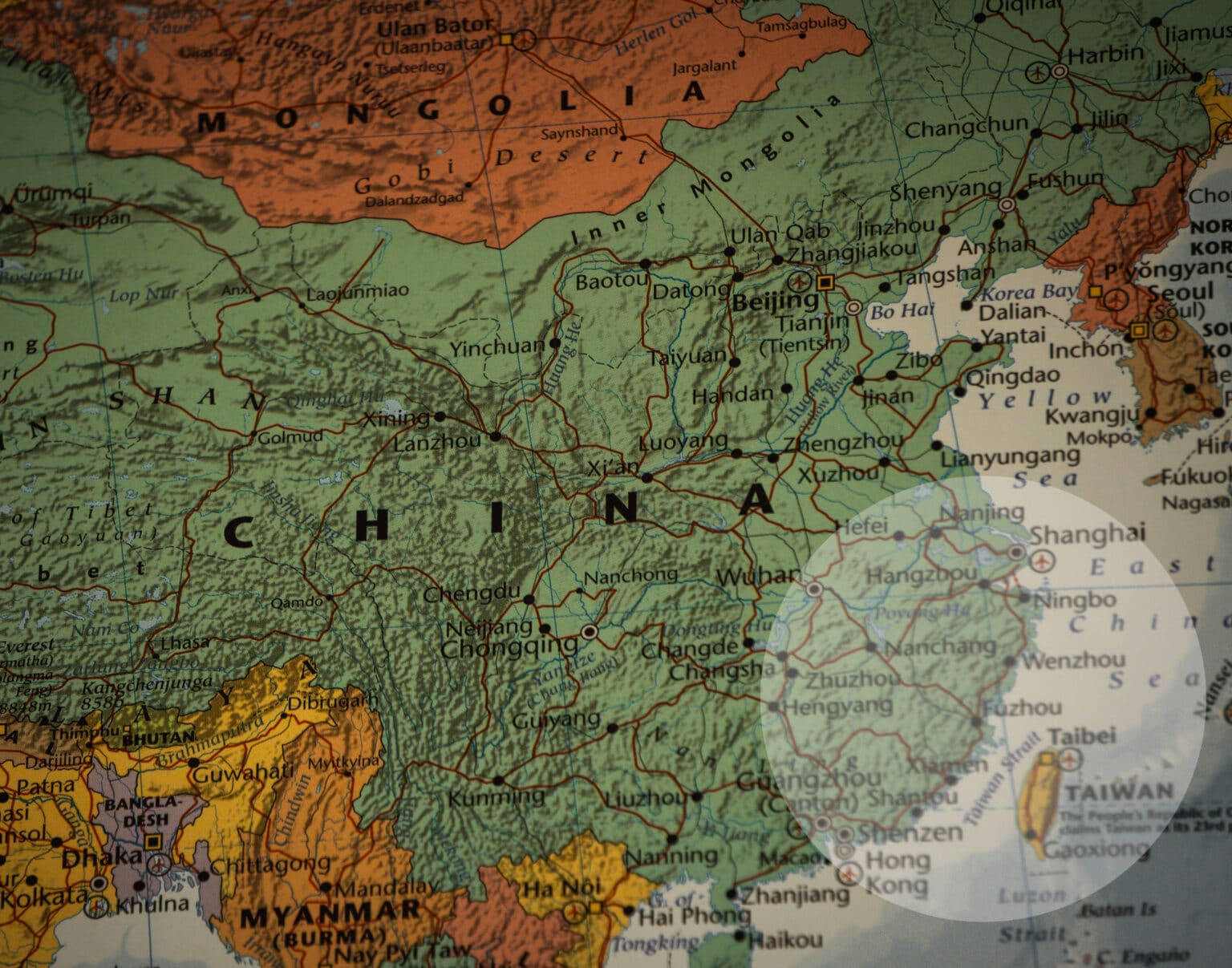Congress on Wednesday planned to unveil bipartisan, bicameral legislation aimed at bolstering security relations with Taiwan.
The proposal, a lend-lease agreement that would allow the U.S. to more rapidly arm Taiwan, comes amid suspicions that China has been planning to invade Taiwan for some time. Analysts say that China has been watching and waiting to see how Russia fairs in its invasion of Ukraine before going forth with an assault against its own sovereign neighbor, just 00 miles off China’s coast.
Over the summer China undertook military exercises that blockaded Taiwan’s major ports, which Taiwan’s Foreign Minister asserted China was using as a “game plan” for invasion.
The proposed legislation also comes a day after the House Committee on China held its first hearing—less than a week after the Pentagon announced plans to more than triple U.S. military presence on the island nation that’s just one hundred miles off China’s coast.
“There is no doubt that [China] is the greatest threat to global stability and America’s national security,” said Rep. Michelle Steel (R-CA), the new legislation’s co-author. “As they continue to threaten Taiwan and openly challenge the United States, it is more important than ever that we take immediate and decisive action to deter further aggression against our allies.”
However, CIA Director William Burns on Sunday expressed doubt in China’s ability to invade Taiwan.
“We do know, as has been made public, that President Xi has instructed the PLA, the Chinese military leadership, to be ready by 2027 to invade Taiwan, but that doesn’t mean that he’s decided to invade in 2027 or any other year as well,” Burns said. He added, “I think our judgment at least is that President Xi and his military leadership have doubts today about whether they could accomplish that invasion.”
In his State of the Union this year, President Biden warned that he would protect the U.S. against Chinese threats to its sovereignty, adding that he had told Chinese President Xi Jinping that Washington seeks “competition, not conflict” with Beijing. However, he also said that U.S. investments in its alliances, military and advanced technologies meant the country was now in its strongest position in decades to compete with China and defend its interests.
During his meeting with Xi in November, Biden said he made clear that the United States’ “one China policy” had not changed. Under that policy, the U.S. acknowledges Beijing’s position that Taiwan is a part of China, even as the U.S. also maintains informal diplomatic relations and defense ties with Taiwan and does not recognize Chinese sovereignty over its island neighbor.


